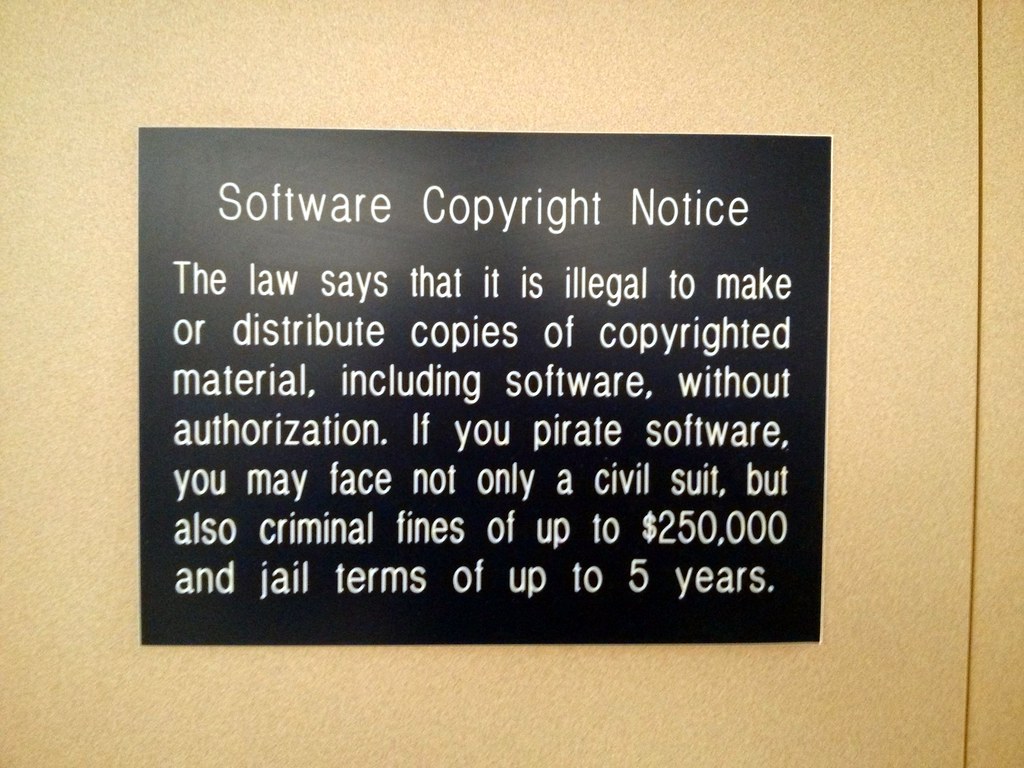If you own a website, it is important to have a copyright notice — also known as a copyright footer — prominently located on your home page and on other pages. Technically, under the current US copyright laws, a copyright notice is not legally necessary for the protection of your original content. But there are important legal advantages that having a notice provides.
Besides, providing a copyright notice is pretty simple, will not take too long and there is no reason not to warn people that your content is NOT freely available for use by others. Tell them to ask permission for use and, likely, they will ask. That is much better than having to contact them after-the-fact sending a DMCA take-down notice demanding removal and threatening copyright infringement litigation. A copyright footer will make it difficult for the person using your original content without permission from claiming later that he or she “did not know.”
Having a copyright footer helps if there is infringement litigation by preventing the “I did not know” defense and by telling others that you are serious about protecting your original content. Copyrights protect original works of authorship like the original content uploaded to a website. Among the many rights afforded by the copyright laws, copyrights allow owners to give permission to or withhold permission from others with respect to using the original work. If the copyright is registered with the US Copyright Office, anyone who infringes a copyright can be sued for copyright infringement lawsuit. Registering website content can be a bit complicated, but it can be done when necessary (although be forewarned that the registration process takes time). Once registered, the copyright owner can sue and obtain money damages or statutory damages for each instance of infringement. Attorneys fees and court costs can also be recovered.
As noted, a copyright footer is simple and has four components:
- The name of the owner of the copyrighted materials
- The copyright symbol — the circle R
- The year (or years) of creation — like “2018” or “2018, 2019, 2020, 2021” or “2018-2021”
- A copyright statement — something simple will suffice like “All rights reserved”
Technically, one copyright notice/footer is sufficient to gain the extra legal protections that a copyright footer provides. But some website owners put their copyright footer on every page and on every article or video or photographs uploaded. Some use a more expansive copyright statement like “all rights reserved with respect to all content including text, product descriptions, photographs, audio content and videos.” Websites run by professional photographers are an example where a more expansive rights statement can be useful. In any event, there is no “set” way to write or use a copyright footer, so website owners can make the choices that best fit their needs
Note that a website owner can also signal that some content is being made available for use via possible creative common licenses. See here for discussion of the various types. If this is the intent, then instead of a “no-use” rights statement like “All rights reserved,” the rights statement might say “Some rights reserved; contact owner for more information.” If you have questions about protecting your copyrights and other intellectual property, contact the copyright lawyers at Revision Legal at 231-714-0100.




